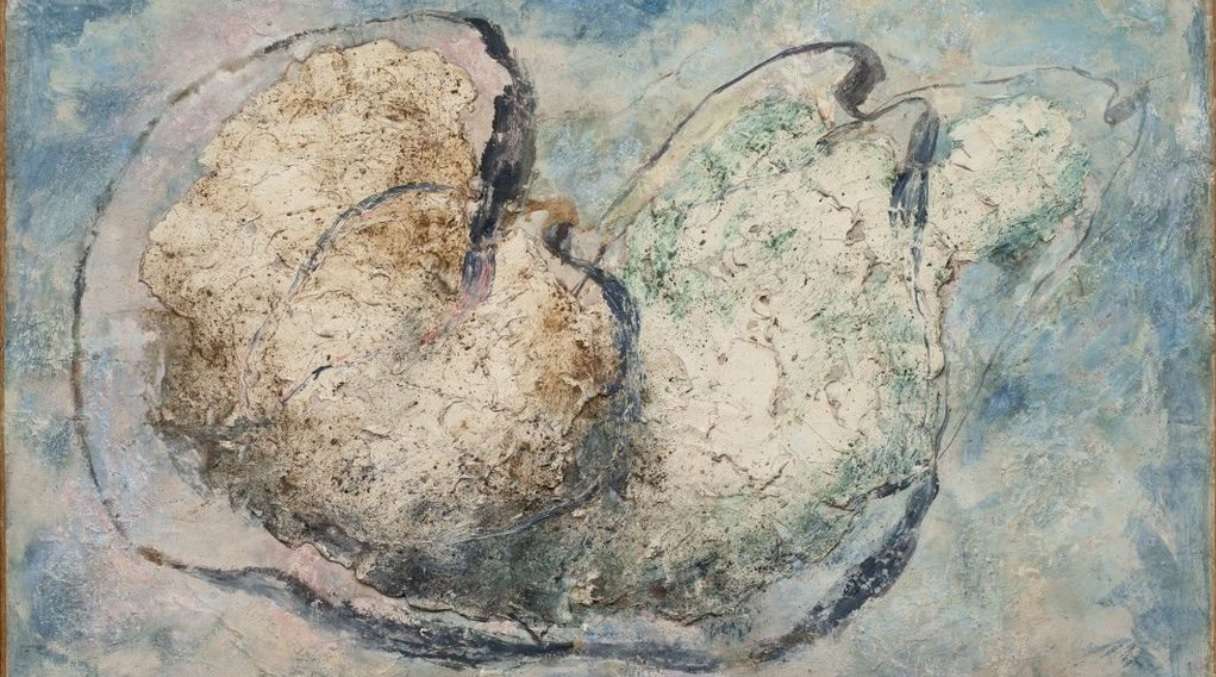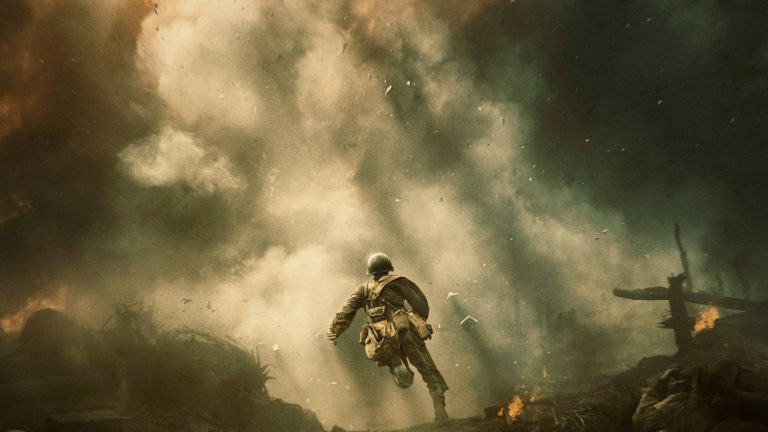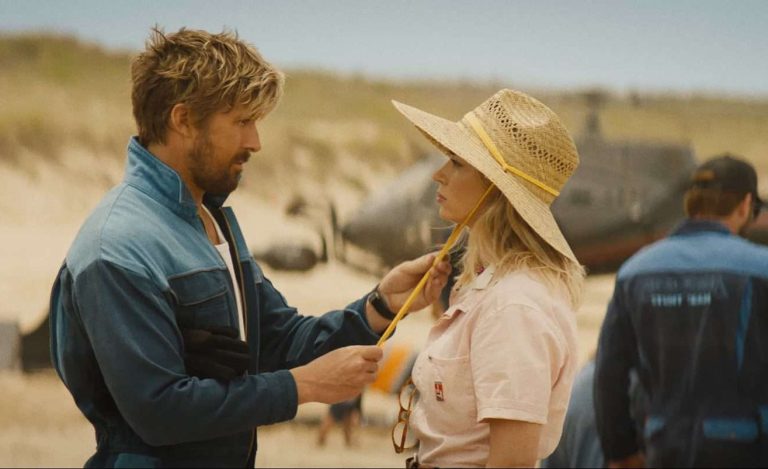In several interviews, Romanian filmmaker Radu Jude speaks of his greediness as an artist. He likes to riff off and borrow from various forms of art. There are no pretenses of high art in his films. Instead, they are fuelled by a scattershot, chaotic energy. His two most recent features catalyze an extraordinary recklessness of form and temper to tear apart every existing so-called genteel, capitalist fabrication of mundane reality in Romania.
At its best, his work possesses a vigorous, uncontrollable fury and force, striking at the very root of contemporary existence. One of the two mid-length, found-footage films Jude is showing at Locarno is “Eight Postcards from Utopia,” which captures in a vast heave the swirling chaos of Romanian culture and its metamorphosis over the decades.
Essentially splicing together a dizzying panoply of commercials, the film, co-directed with Christian Ferencz-Flatz, charts a massive trajectory of the country’s swing towards a free-market, wholly consumerist economy from the 1990s. “Romanians are a paradox,” one of the figures in an early ad remarks. The precipitating point of sweeping change is August 1995. It was when the biggest privatization program in Romanian history was launched, shifting everything in its wake.
Materialist, the consumerist allure was directly injected into the bloodstream of Romanian society with tantalizing promises of cars, investment initiatives, and the opening up of the Western market. Spread over eight chapters, the film also dives freefallingly into the onslaught of the technological revolution. A whole scattering of ads, from shaving cream to detergent to anti-aging products, is interspersed that discombobulates as well as functions as a gleeful send-up of the broader culture that seems to careen off the rails into heightened aspirations. These ads range from outright nutty and lurid to self-evidently farcical sketches.
With rambunctious, untamed energy, the film explodes many an unrelenting salvo at the sheer madness of being under a barrage of visual culture. The effect is massively disorienting, riotously entertaining, and snappily funny. “Eight Postcards from Utopia” is demented and very much in on the joke, which, despite a seemingly erratic structure, comes together with coherent, damning force and revitalizes the very found-footage form itself.

In stark, disconcerting contrast to the fragmentary bursts of “Eight Postcards from Utopia,” Jude’s other film at Locarno, “Sleep #2,” is full of overbearing stillness. The scope of our vision narrows down to just a scrap of land, Andy Warhol’s Pittsburgh gravesite. Our point of observation is fixed and rigid while we track variations in human behavior. The memorial site becomes invested with connotation and meaning-making, shifting from one person to the next.
We watch both tourists and locals drop offerings. Both day and night-time are spanned. Grainy night vision reveals skulking deer, which also, at one point, emerge in the sunny glare after the site has emptied. People pose for selfies and photographs next to the memorial site, have picnics, sing, strum guitars, and set up temporary sale counters for their business. There’s a moment when we also notice a person lift and ferret away food gifts that others have reposed at the site.
Culled from low-resolution ‘live-cam’ footage, “Sleep #2” plays out in such a muted tenor that it’s difficult not to get restless at the seemingly interminable stretches of non-action and mostly wordless witnessing. Our focus is made to be rendered and streamlined into such a contained direction that it does take time to settle into the rhythm Jude sets up.
But this is a sly, quietly illuminating piece of filmmaking that extends and pokes at the prying act of watching, accommodating both intrigue and boredom. There’s no one quite like Radu Jude, who keeps disrupting and destabilizing viewing expectations, shattering habits of everything we tend to associate with the very manner in which a film unfolds.




![Halloween Kills [2021] Review: Adds nothing of value to the franchise lore](https://79468c92.delivery.rocketcdn.me/wp-content/uploads/2021/10/Halloween-Kills-768x512.jpeg)
![Pasolini [2014] Review: His Story Finally Brought to the US](https://79468c92.delivery.rocketcdn.me/wp-content/uploads/2019/05/Capture1-768x433.jpg)
![The Father’s Shadow [2019]: ‘Fantasia’ Review – The Horrors of Unresolved Grief](https://79468c92.delivery.rocketcdn.me/wp-content/uploads/2019/07/The-Fathers-Shadow-highonfilms-768x509.jpg)

